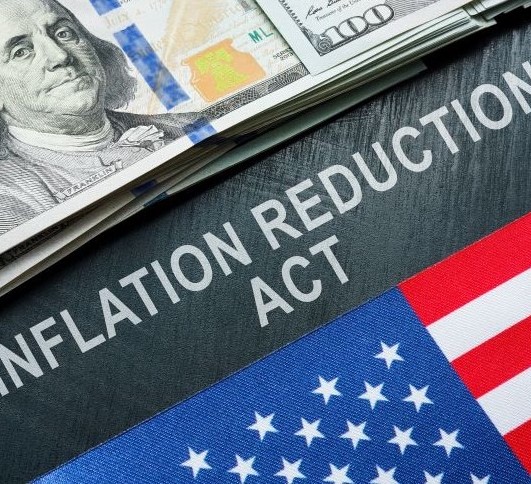As Illinois progresses through the various phases of Governor Pritzker’s reopening plan, Chicago businesses have turned their focus to reopening. They are focused on creating and modifying operational plans to ensure compliance with employee, customer and safety requirements. These changes while essential have left many with an impaired ability to return to pre-COVID-19 revenue levels. The result is many are relying on their Paycheck Protection Program (PPP) loan funds to maintain expenses for longer than expected. Recognizing this new set of challenges, the House and Senate has passed the PPP Loan Flexibility Act of 2020 (the Act). The legislation makes several changes including an extension of loan terms which extends the Covered Period and additionally the legislation will allow borrowers to take advantage of currently excluded payroll tax deferral. To help clients, prospects and others, Selden Fox has provided a summary of key details below.
Proposed PPP Loan Changes
- Extended Application Deadline – The current application deadline of June 30, 2020, will be extended to December 31, 2020, assuming allocated funds are not exhausted. This will be useful for those interested in applying due to unexpected expenses associated with local and state government regulations.
- Extended Covered Period – There has been concern for businesses in many industries that the 60-day Covered Period is too short. The Act addresses this by extending the Covered Period to 24 weeks after loan origination.
- Non-Payroll Expenses – Many businesses have expressed concern about the requirement to spend 75% of loan funds on payroll to be eligible for forgiveness when many borrowers also have fixed expenses which need to be paid using PPP funds. The Act addresses this by reducing the amount that must be spent on payroll to 60% allowing the other 40% to be used for covered mortgage, rent, or utility expenses. However, it appears that the Act now makes this a 60% “Cliff”, meaning that if payroll costs constitute less than 60% of your loan proceeds, there is ZERO forgiveness.
- Rehire Deadline for Loan Forgiveness – The Act also extends the deadline to rehire employees and restore salary cuts that were greater than 25% to December 31, 2020. Under current regulations borrowers are required to rehire and reinstate salaries by June 20, 2020 or face a reduction in loan forgiveness. The extension addresses the concern that many businesses will remain closed past the June 30 deadline due to state and local lockdown requirements.
- Loan Repayment Deferral – There is concern that borrowers may need to start repaying the loan before they have information about their approved loan forgiveness. To resolve this, the Act extends the repayment period from six months to the date the loan forgiveness application is received by the lender. If a borrower fails to apply within 10 months after the last day of the Covered Period, then they must begin to make payments on principal, interest, and fees.
- Loan Term Extended – The Act extends the minimum loan term from two years to five years extending the maturity date. Unfortunately, this is not a retroactive change, so if enacted, it would only apply to new loans taken after enactment. It is important to note that lenders and borrowers would be permitted to revisit loan terms and make modifications.
- Loan Forgiveness Reduction – The Act outlines changes to the proportional reduction in loan forgiveness due to a reduction in employees. Borrowers would be able to receive relief if they are able to document in good faith that for the period between February 15, 2020, and December 31, 2020, they were unable to:
- Rehire employees who were employed on February 15, 2020 or hire another qualified professional for unfilled positions by December 31, 2020.
- Return to the same business level prior to February 15, 2020, due to compliance with federal regulations published between March 1, 2020 and December 31, 2020, related to sanitation, social distancing, and other employee/worker safety guidance.
- Payroll Tax Deferral – When the CARES Act was passed restrictions were put into place preventing companies from taking a PPP loan and deferring qualifying payroll taxes between March 27, 2020, and December 31, 2020. The Act seeks to change this by allowing borrowers to claim the payroll tax credits.
** With the ever evolving changes of the COVID-19 stimulus opportunities, please refer to our Response to COVID-19 page for the most up to date information. Please contact us if you have specific questions. **
Contact Us
With this passing both House and the Senate, this Act now awaits the President’s signature. Assuming that it is signed into law, there will certainly be additional guidance in the form of FAQs, IFRs, and a revised forgiveness application in order to explain the new legislation and reconcile it with the rules already in place. If you have questions about the information outlined above or need assistance with PPP loan forgiveness or another business issue, Selden Fox can help. For additional information call us at 630.954.1400 or click here to contact us.







